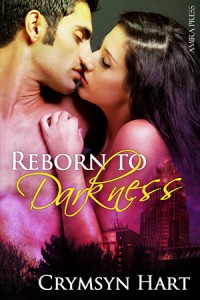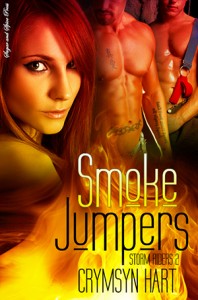by Jennifer Pelland
www.jenniferpelland.com
I was recently on a panel at the Boskone science fiction convention titled “Optimism vs Darkness in Science Fiction” where I came down squarely on the side of darkness. Much to one audience member’s dismay, I declared that there could be no suspense unless there was a real possibility that things might not work out in the end. She felt there was suspense enough in seeing specifically how the happy ending came about. Good for her, but frankly, that’s not enough for me. From time to time, I need to read about people crashing and burning and not getting back up again at the end.
What this really boils down to is this: are you an escapist reader, or a catharsis reader? Neither is better than the other, neither is deeper or more meaningful, but it’s difficult for a catharsis reader to really understand an escapist reader and vice versa. I, not surprisingly, am a catharsis reader. I don’t pick up a book to escape to another world, I pick up a book to help make more sense of the world I’m in. Yes, the book can do this even if it’s set in another world or another time. It can make me laugh, make me ponder something I’d never thought of before, or put me through an emotional wringer, but if I don’t come out the other side feeling changed, then I feel cheated.
At this point, I imagine the escapist readers are all scratching their heads and saying, “Yeah, but you can do that with a happy ending.” True, you can. But life isn’t all happy endings, and I sometimes desperately need to read about other people whose stories end badly. To give a concrete example, my father died a year ago after a brief battle with cancer. None of the treatments worked, and his death was so horrible that I wouldn’t wish it on any but the most monstrous of people. So when I read stories about people bouncing back from cancer and going on to a full recovery, or read news pieces on wonderful new cancer treatments that are in the pipeline, I don’t feel uplifted — I feel cheated. And yes, an unhappy ending to a cancer story absolutely guts me, but when I read it, I don’t feel so damned alone. And that helps me make sense of the fatherless world that I currently live in.
And yet, I do still need some happy endings. I was sobbing wreck ten minutes to the end of last year’s Doctor Who Christmas special, and I vowed that if it didn’t have a happy ending, I would fly to the U.K. and personally smack Steven Moffat. But if he hadn’t already had a few episodes earlier that season where things hadn’t turned out well, the Christmas episode wouldn’t have hit me so hard. My inner cynic would have kicked in and told me, “Oh, he’s just pulling your strings — of course everything will turn out fine!” Presto — no waterworks, no catharsis, no point. So because I knew there was a chance that things wouldn’t work out in the end, I was so much more invested in the characters’ struggle than I would have been without that uncertainty.
Am I advocating that everyone run out and start reading stories with unhappy endings? No. I’d never do that. We all read for different reasons, and there’s nothing wrong with that. It would be a boring world if we all had the same brain, and it wouldn’t leave much to write about. All I’m asking is that escapist readers extend a little understanding to those of us who need some stories to end badly, and maybe that they buy a few books by us Debbie Downer authors for their catharsis-reader friends.













